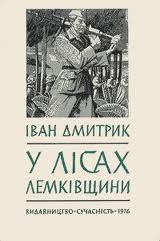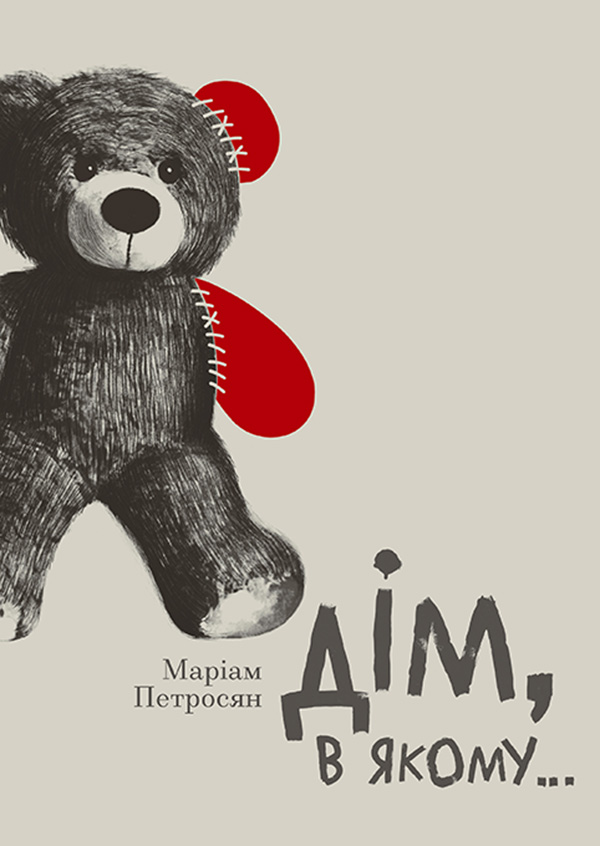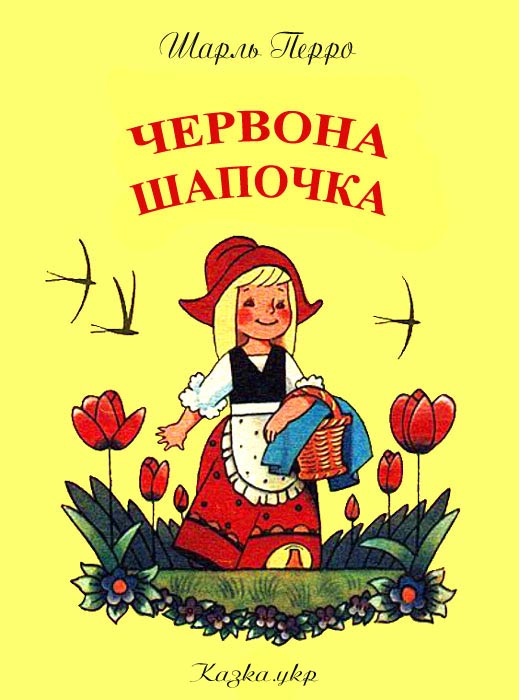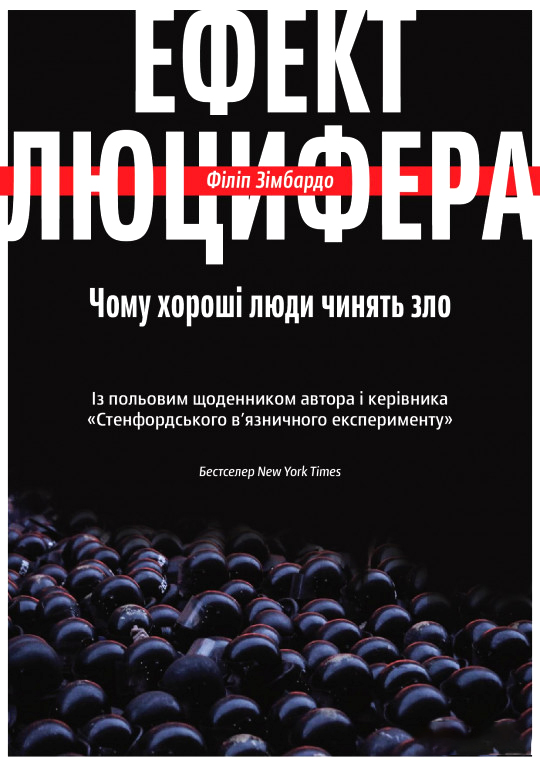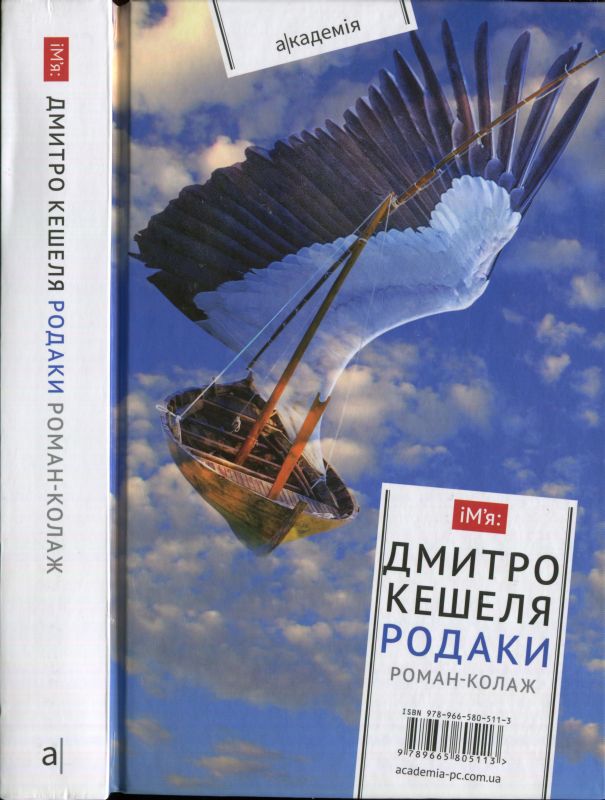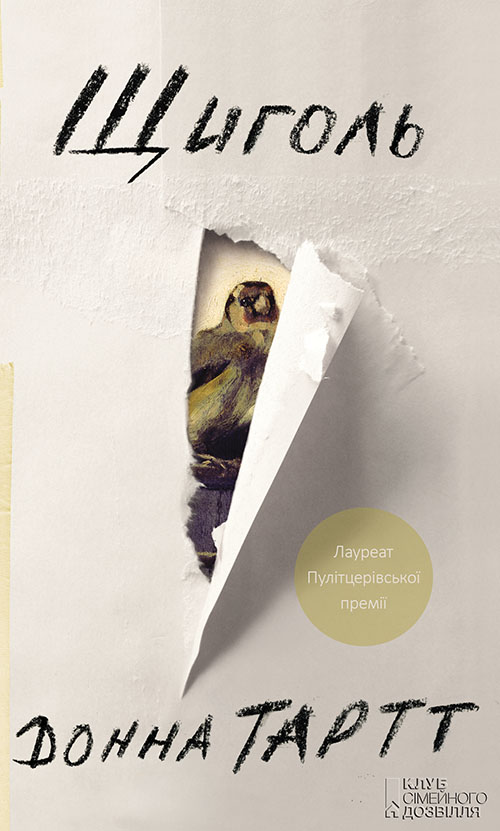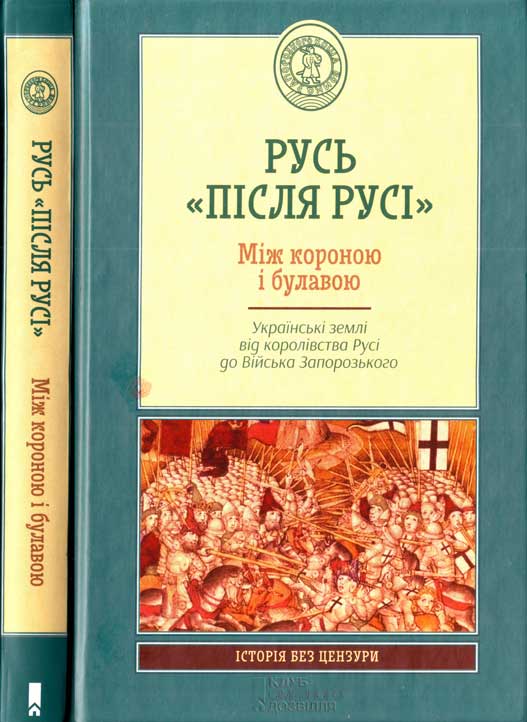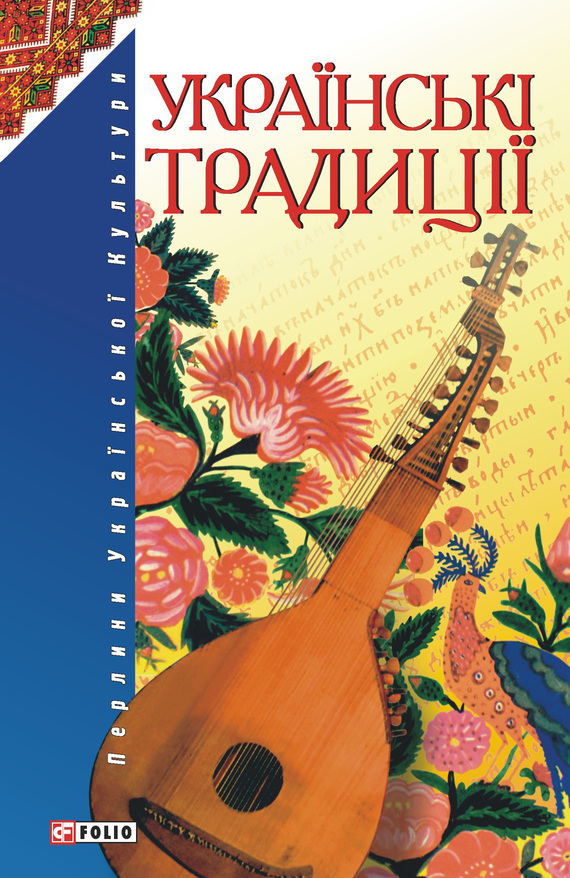Читати книгу - "Genghis Khan and the Making of the Modern World"
Шрифт:
Інтервал:
Додати в закладку:
For a poor family to risk their lives to help him and to give him such valuable resources, Temujin must have had some special attraction or ability. Meanwhile, this humble family impressed him as well. The Tayichiud, with whom he shared a close kinship tie, had once put his family out to die and now appeared eager to kill him. This other family, which had no kinship tie to him, proved willing to risk their lives to help him. This episode seems to have instilled in him not only a distrust of higher-ranking people, but also the conviction that some people, even those outside his clan, could indeed be trusted as if they were family. In later life, he would judge others primarily by their actions toward him and not according to their kinship bonds, a revolutionary concept in steppe society.
Mongol traditions and sources acknowledge only this one brief period of capture and enslavement of Temujin, but a contemporary Chinese chronicler wrote that Temujin endured more than ten years in slavery. He may have been repeatedly enslaved, or this episode may have lasted much longer than the Secret History suggests. Some scholars suspect that such a long period of enslavement accounts for the glaring absence of detailed information on his childhood. In later years, the time of enslavement would have been an episode of shame for Genghis Khan, but even more importantly would have been a tremendous danger to the descendants of the families that had enslaved him. Virtually everyone associated with the slavery episode had good reason to keep silent about that connection, and to make it seem briefer would be in keeping with Mongol sensibilities that would dictate only barely mentioning the bad while emphasizing instead the heroic nature of the escape.
In 1178, Temujin turned sixteen. He had not seen his intended wife, Borte, since his father’s death seven years earlier, but he felt confident enough in the matter to go out to find her again. Accompanied by his surviving half brother, Belgutei, he set off down the Kherlen River in search of her family. When they found the ger belonging to Borte’s father, Dei-sechen, Temujin was pleased to discover that Borte still waited for him, even though at age seventeen or eighteen she was now nearly past the age of marriage. Dei-sechen knew of Temujin’s troubles with the Tayichuid clan, but was nevertheless still amenable to the match.
Temujin and Belgutei set off toward home with Borte. By custom, a new bride brought a gift of clothing to her husband’s parents when she came to live with them. For nomads, large gifts are impractical, but high-quality clothing carries high prestige and also serves a valuable practical function. Borte brought a coat of the most prized fur on the steppe, black sable. Under normal circumstances, Temujin would have presented such a gift to his father, but in the absence of a father, he perceived a greater value to which he could put the coat. He decided to use the sable coat to revive an old friendship of his father’s, and thereby make an alliance that might offer him and his now growing family some security.
The man was Torghil, more commonly known later as Ong Khan, of the Kereyid tribe that lived on some of the most luxuriant steppes in central Mongolia between the Orkhon River and the Black Forest of larch trees along the Tuul River. Unlike the scattered lineages and clans of the Mongols, the Kereyid constituted a powerful tribal confederacy that embraced a large group of tribes united under a single khan. The great expanse of the steppe north of the Gobi fell, at this time, under the rule of three major tribes. The center was controlled by Ong Khan and his Kereyid tribe, the west was dominated by the Naiman tribe under their ruler Tayang Khan, and the Tatars occupied the area to the east as vassals of the Jurched of North China under their ruler Altan Khan. The rulers of the three large tribes made and broke alliances and waged wars with the smaller tribes along their borders in a perpetual effort to enlist them in campaigns against their more important enemies. Thus, Temujin’s father, Yesugei, had no kinship tie with the Kereyid, but he had once been the anda of Ong Khan, and they had fought together against many enemies. The tie between the men had been stronger than merely patron and vassal because when they were quite young, Yesugei helped Ong Khan become khan of the Kereyid people by overthrowing his uncle, the Gur-khan, or supreme ruler. In addition, they had fought together against the Merkid and were allied at the time of Temujin’s birth, when Yesugei was on the campaign against the Tatars.
According to steppe culture, politics were conducted through the idiom of male kinship. To be allies, men had to belong to the same family, and therefore every alliance between men not connected through
Увага!
Сайт зберігає кукі вашого браузера. Ви зможете в будь-який момент зробити закладку та продовжити читання книги «Genghis Khan and the Making of the Modern World», після закриття браузера.
